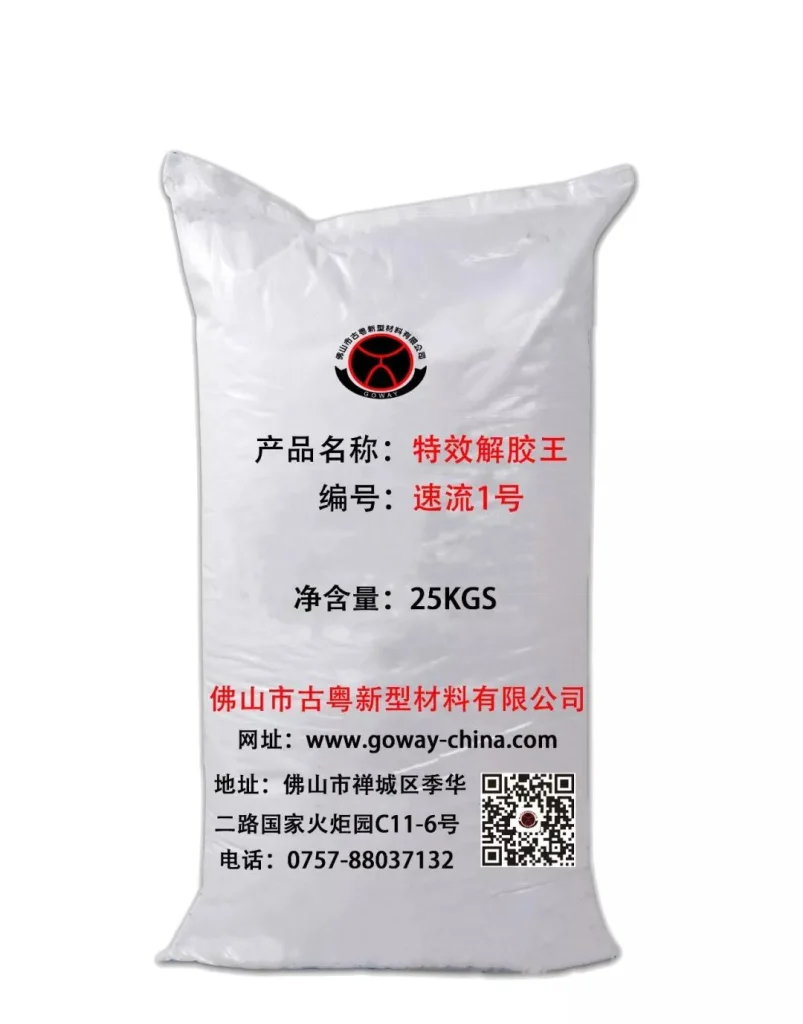Smooth Glaze Technology with STPP – Sodium Tripolyphosphate in Ceramic Applications
Achieving a smooth and stable glaze surface is one of the most important goals in modern ceramic production. However, glaze slurry often faces problems such as viscosity changes, particle agglomeration, uneven coating and unstable flow rate during actual factory operations.
This article explains how Sodium Tripolyphosphate (STPP) improves glaze performance, stabilizes flow rate, prevents defects, and enhances production efficiency for tile manufacturers and glaze formulators.
Contact Us for STPP for Ceramic Glaze
WhatsApp Us for STPP Glaze Solution
1. Why Ceramic Glaze Becomes Unstable During Production
Ceramic glaze slurry may show inconsistent flow and coating issues for several reasons:
- High water content reduces solid concentration and weakens glaze bonding.
- Particle agglomeration causes uneven glaze distribution and glaze defects.
- Inadequate dispersant results in rapid viscosity changes during operation.
- Settling issues cause variation in glaze thickness and color defects.
If not corrected, these issues lead to higher defect rates such as pinholes, crawling, uneven glaze thickness, sticking, and poor surface gloss.
2. How STPP Improves Glaze Flow & Stability
Sodium Tripolyphosphate (STPP) is a widely used dispersant and water-reducing agent in the ceramic industry. Its primary functions in glaze systems include:
2.1 Strong Deflocculation
STPP increases the electrostatic repulsion between glaze particles, preventing them from clustering.
- More stable slurry structure
- Uniform glaze distribution
- Improved fluidity without adding excess water
2.2 Effective Water Reduction
By reducing the amount of water needed to maintain fluidity, STPP helps produce:
- Denser glaze layers
- Shorter drying time
- Lower energy consumption
2.3 Stabilized Flow Rate Over Time
Even during long production cycles, STPP keeps slurry performance consistent:
- Less variation in viscosity
- Smoother pumping and spraying
- Reduced glaze system maintenance
More details on glaze application:
Application of STPP in Ceramic Glaze
3. Recommended Dosage of STPP in Glaze Systems
The optimal dosage of STPP depends on glaze formulation, solids ratio, and particle size. Typical dosage guidelines are:
- Ceramic glaze: 0.2–0.5% of total dry solids
- Ceramic slurry: 0.2–1.0% depending on density and viscosity
- High zirconium / specialized glazes: 0.4–0.7% (recommended test-based adjustment)
Correct dosing prevents over-deflocculation and ensures the glaze remains stable throughout production.
4. Key Quality Improvements After Adding STPP
Factories that optimize glaze systems using STPP typically achieve:
- More uniform glaze coating with fewer surface defects
- Better surface gloss and finish
- Reduced glaze settling and longer stable storage time
- Lower defect rate (pinholes, crawling, cracking)
- More consistent color and thickness across production batches
For industrial STPP properties, see:
Industrial Sodium Tripolyphosphate
5. How to Select a Reliable STPP Supplier
When sourcing STPP for glaze applications, check the following criteria:
- Purity ≥ 94% (industrial grade) or ≥ 95% (special glaze applications)
- High whiteness and fine particle distribution
- Stable supply capacity and export experience
- Technical support for glaze optimization
For wholesale guidance, refer to:
Wholesale STPP Buyer’s Guide
Request STPP for Glaze Formula Improvement
WhatsApp Us for Fast Quotation
6. Summary
STPP is one of the most effective additives for improving glaze slurry performance. With the correct dosage and stable supply, ceramic manufacturers can achieve:
- Smoother glaze appearance
- More stable flow rate
- Lower production defects
- Higher-quality finished tiles
If you need glaze-grade STPP or technical support, our team can provide formulation assistance, COA, price quotations, and long-term supply.
Contact Us for STPP Samples & Pricing
WhatsApp Us for STPP Information

